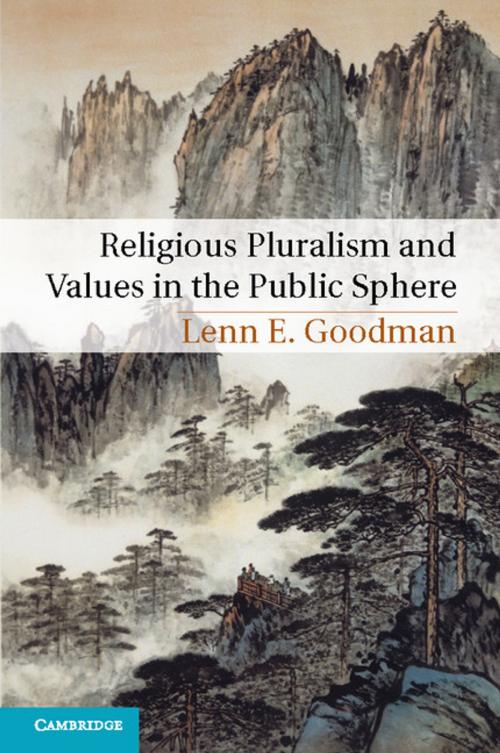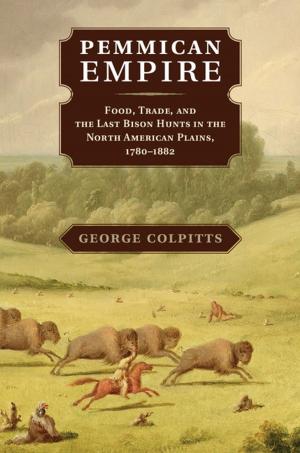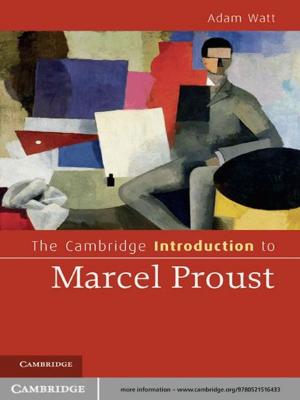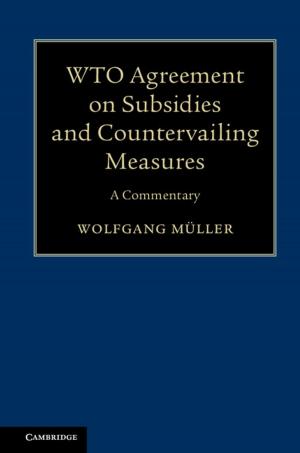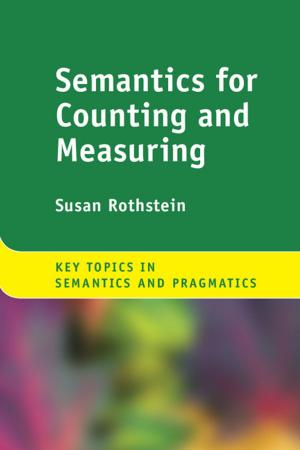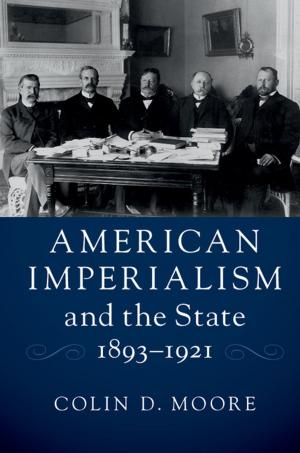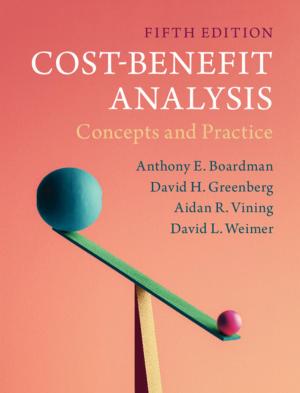Religious Pluralism and Values in the Public Sphere
Nonfiction, Religion & Spirituality, Philosophy, Political, Social & Cultural Studies, Social Science| Author: | Lenn E. Goodman | ISBN: | 9781139905374 |
| Publisher: | Cambridge University Press | Publication: | April 7, 2014 |
| Imprint: | Cambridge University Press | Language: | English |
| Author: | Lenn E. Goodman |
| ISBN: | 9781139905374 |
| Publisher: | Cambridge University Press |
| Publication: | April 7, 2014 |
| Imprint: | Cambridge University Press |
| Language: | English |
How can we, as people and communities with different religions and cultures, live together with integrity? Does tolerance require us to deny our deep differences or give up all claims to truth, to trade our received traditions for skepticism or relativism? Cultural philosopher Lenn E. Goodman argues that we can respect one another and learn from one another's ways without either sharing them or relinquishing our own. He argues that our commitments to our own ideals and norms need not mean dogmatism or intolerance. In this study, Goodman offers a trenchant critique of John Rawls's pervasive claim that religious and metaphysical voices must be silenced in the core political deliberations of a democracy. Inquiry, dialogue, and open debate remain the safeguards of public and personal sanity, and any of us, Goodman illustrates, can learn from one another's traditions and explorations without abandoning our own.
How can we, as people and communities with different religions and cultures, live together with integrity? Does tolerance require us to deny our deep differences or give up all claims to truth, to trade our received traditions for skepticism or relativism? Cultural philosopher Lenn E. Goodman argues that we can respect one another and learn from one another's ways without either sharing them or relinquishing our own. He argues that our commitments to our own ideals and norms need not mean dogmatism or intolerance. In this study, Goodman offers a trenchant critique of John Rawls's pervasive claim that religious and metaphysical voices must be silenced in the core political deliberations of a democracy. Inquiry, dialogue, and open debate remain the safeguards of public and personal sanity, and any of us, Goodman illustrates, can learn from one another's traditions and explorations without abandoning our own.
